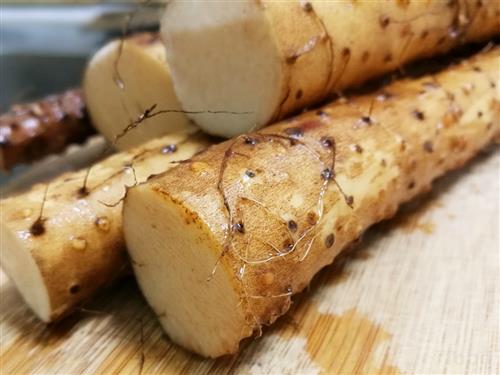At this time of winter, people's skin is prone to dryness or even dryness, and older people are prone to cardiovascular and other diseases. How to live healthy winter? Drink less water and dry skin Experts believe that the northern winter's dry climate, the body's metabolic capacity is gradually reduced, the skin will be due to sweat glands, skin glands reduce the secretion and lose more water and become tight hair dry, even the naked eye is not easy to see a small crack, allergens It is easy to invade the body through these small cracks, making people feel itchy, and the more it scratches, the more itchy, and the skin drier. In general, eczema, atopic dermatitis, senile pruritus, and pruritus are all diseases that are prone to this season. Drink 6 to 8 cups of water a day to avoid dry skin caused by lack of water in the body. Drink juice, mineral water, and tea. Eat more fresh vegetables, fruits, and eggs that contain vitamins and eat less animal protein. In peacetime, you should eat nourishing yin and moistening lungs, such as sesame seeds and honey, and try to eat less irritating food such as onions and garlic. Also note that the temperature of the water when washing your face or bathing should not be too high. Dry skin should prepare a set of moisturizing skin care products, including moisturizing day cream and night cream. In addition, the winter bathing does not have to be too diligent, and it is necessary to minimize the use of baths, soaps, and the like that have relatively strong grease and alkalinity. It is recommended to use soft boric acid soaps, baby soaps, etc., which have weaker grease removing ability. Steaming with a steam bath can reduce the amount of water dispersed. In addition, facial skin and muscle massage from night to night can promote facial blood circulation, allowing the facial cells to secrete more gum and oil. Cold and more mineral supplements In addition to keeping warm in winter, eating can also enhance the body's ability to keep out the cold. If you eat more foods, such as proteins, fats, and carbohydrates, which are called heat-producing nutrients, increase the intake of staple foods and fats, and ensure the supply of quality protein, such as dog meat, lamb, beef, chicken, venison, shrimp, pigeons, etc. Clams, sea cucumbers and other foods produce more calories and are best for keeping warm. Supplementing foods rich in calcium and iron can improve the body's ability to keep out the cold. Calcium-containing foods mainly include milk, soy products, kelp, seaweed, shells, oysters, sardines, shrimp, etc.; iron-containing foods are mainly animal blood, egg yolks, liver, soybeans, sesame, black fungus and red dates. Foods containing iodine can promote the secretion of thyroid hormone, cold and cold. Iodine-rich foods include seaweed, seaweed, seaweed, jellyfish, spinach, Chinese cabbage, and corn. Increased intake of vitamin A and vitamin C can enhance cold resistance and adaptability to cold, and have a good protective effect on blood vessels. Vitamin A mainly comes from animal livers, carrots, dark green vegetables, etc. Vitamin C comes mainly from fresh fruits and vegetables. In addition, pepper contains capsaicin, ginger contains aromatic volatile oil, pepper contains pepper alkali, eat more in the winter can increase appetite, but also promote blood circulation, improve the ability to keep out the cold. Cold foods should be eaten less, such as crabs, shrimps, watermelons, and grapes. The people with spleen deficiency and qi deficiency (manifested as fatigue, shortness of breath, anorexia, abdominal distension, thin stool, and cold-chilled people) can eat glutinous rice, jujube, lentils, yams, carrots, and chestnuts. Some people have cold limbs and cold when winter arrives. They can eat more lamb, chicken, walnut meat, jujube and longan. Fresh Cut Sliced Porcini,Boletus Porcini Fine Cut,Fresh Ceps Porcini,Porcini Edible Mushrooms Guangyun Agricultural Biotechnology (Jiangsu) Co., Ltd , https://www.7-mushrooms.com
Lidong diet supplements calcium and iron can increase the cold capacity
